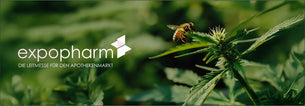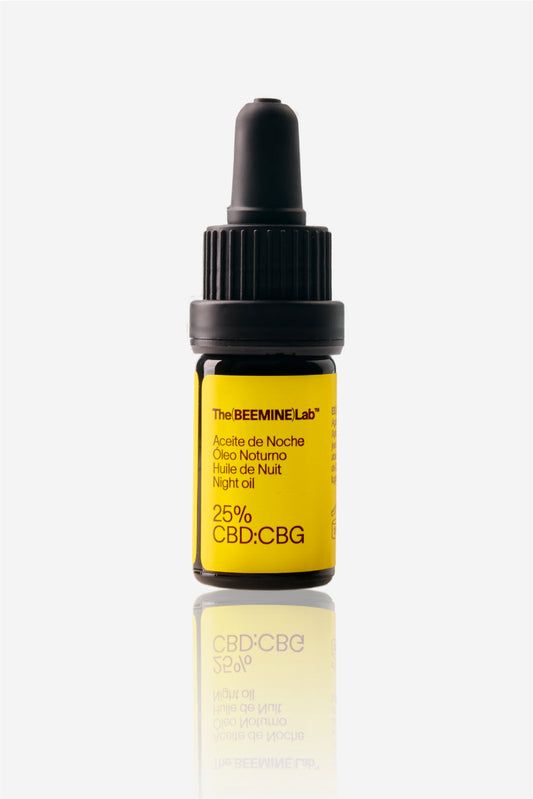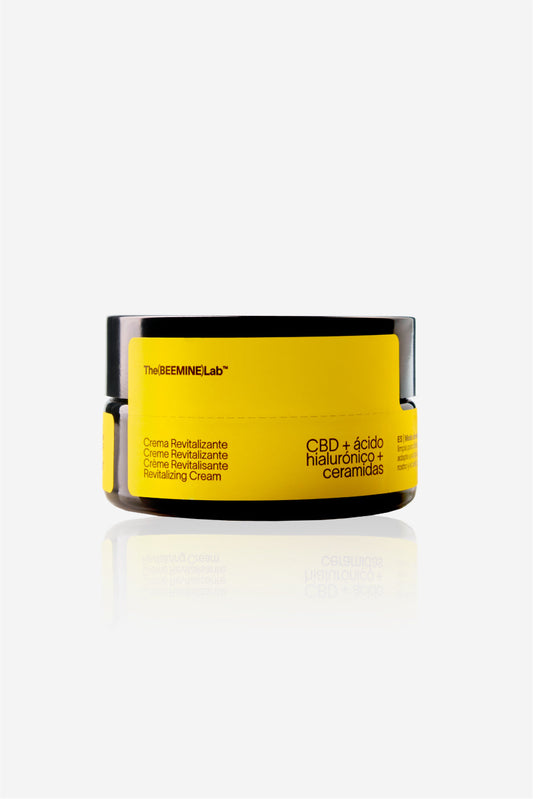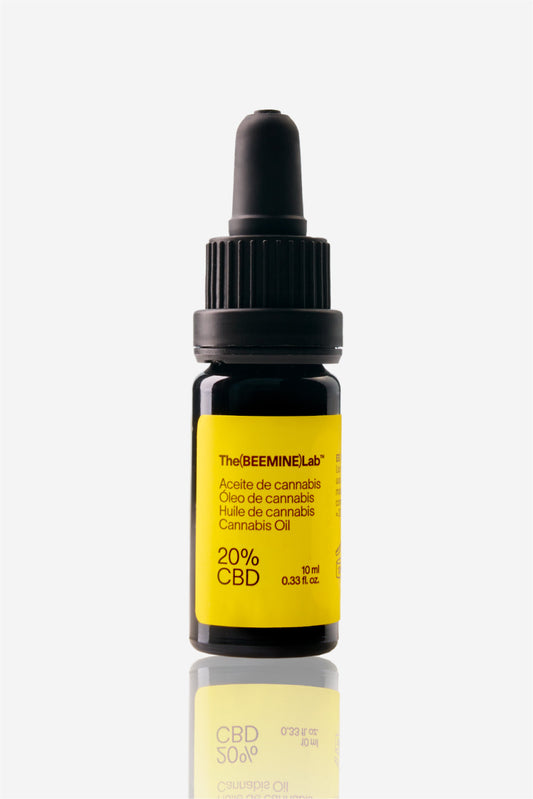The Single Convention of 1961: The legality of CBD
But let's keep talking about legality, the 1961 Single Convention on Narcotic Drugs establishes that the consumption, possession and distribution of cannabis, its resin and its extract is illegal because the consumption of these has a psychoactive effect; ok, that's fine and we understand it, it alters the consumer's perception, but what about CBD? What happens is that the Spanish Agency for Medicines and Health Products establishes that cannabis plants with concentrations below 0.2% of THC are not considered narcotics and it is precisely these plants that have been modified (in many cases) to lower the level of THC and increase the level of CBD.
Similarly, and much to the chagrin of consumers and the scientific community, CBD has not been added to the “ list of authorized food supplements ” that has been transposed into national law from a Directive of the European Parliament that has established the vitamins and minerals suitable for human consumption, so the AECOSAN (Spanish Agency for Consumption, Food Safety and Nutrition) has ordered the regional administrations to suspend the marketing of any product with CBD that is intended for human consumption, leaving distributors in a situation of uncertainty and in a kind of legal limbo.
In this sense , the European Commission recommends that state agencies exercise control over foods with hemp extracts , specifically: CBD. It is due to this wave of legal rejection that in Spain and in most countries belonging to the European Union, brands are maneuvering to be able to sell their products with hemp extract legally, limiting themselves to cosmetic use, professional use products and external use products. pending future regulation that gives room to CBD as a consumable product and recognizes the benefits it has for the consumer.
The latest statements from the World Health Organization on CBD conclude that this substance is not dangerous and has high medicinal and therapeutic potential. The regularization and progress in terms of legality of CBD is mainly hindered by the lack of clinical studies despite the abundance of preclinical studies that demonstrate its properties to treat anxiety, depression, pain, arthritis, nausea, infections and inflammations both internal and external, etc.
How we see the future of legalization at The Beemine Lab.
The legality of CBD in Spain is currently unknown. Another way we have considered would be to use a Mutual Recognition Agreement , where we seek that a European Administrative Authority of any member country recognizes our product as consumable and allows us to market it, which means that we could theoretically market it in Spain due to the effect of Mutual Recognition. However, it is interesting to see how the market is opening up in highly industrialized countries with a very high quality of life, such as Canada, where recreational cannabis use was legalized this year and has had such an impact that today companies of the caliber of Coca-Cola and Walmart are considering marketing CBD products.Even though we can maneuver to market our product, our vision is of a future where producers and distributors can work in harmony with the public administration. within the framework of legislation to provide consumers with natural products that significantly improve their quality of life while improving our relationship with the ecosystem that surrounds us.







